Here is a question: can you be an Israeli, a proponent of democracy, and still want the Palestinian Authority to recognize Israel as a “Jewish state”?
Of course, I ask this question for a reason. In recent days, two articles appeared in important venues – The New York Times and The New Yorker – implying that no, you can't be all those things. I guess I'm doomed to either be a democrat, or to make such a demand (luckily, they didn't imply that you can't be an Israeli and a democrat, period, but I'm sure it's coming).
Bernard Avishai, with whom I rarely agree, makes that point in the New Yorker. Three reasons, he writes, make Israel want the Palestinians to recognize it as Jewish. And obviously, all three are bad reasons. Apparently, there are no good reasons to want such a thing, and if there are, Avishai can't see them. Not even by way of recognizing them only to later reject them. The world of black and white is a convenient one.
Here is how Avishai presents his threefold division-
Netanyahu’s demand has at least three layers to it. The first is symbolic, without practical significance—understandable, but superfluous. The second is partly symbolic, but is meant to have future practical significance; it is contentious but resolvable. The third, however, is legal: it has great practical significance, and is, for any Palestinian or, for that matter, Israeli democrat, deplorable.
Avishai writes that asking for more symbolic recognition is “tactless” – by speaking to Israelis the Palestinians are recognizing it, and that should be enough. He also writes – that's the second point – that an attempt to use the recognition of a Jewish state to put to rest all claims to a “right of return” is unnecessary: “You can certainly find a formulation for the refugees that does not ruin Israel’s Jewish/Hebrew character – one that preserves the Palestinian “right of return” as a seminal piece of the Palestinians’ narrative”. And his third point is that a state can't be both “Jewish” and “democratic”. Avishai writes: “Likud politicians warn that Israelis must fight to preserve a Jewish state in the face of claims that Israel should be a state of its citizens. But a democratic state, by definition, is a state of its citizens. It can only be a state of its citizens.”
His point of reference is the piece by Jodi Rudoren for the NYT:
By emphasizing recognition, Mr. Netanyahu has also exposed several profound, unresolved questions: Can Israel preserve its identity as a Jewish democratic state while also providing equal rights and opportunities to citizens of other faiths and backgrounds? With a largely secular population, who interprets Jewish law and custom for public institutions and public spaces? Is Judaism a religion, an ethnicity or both?
Of course, these are all heavy questions (the answers, by the way, are: yes, the public, both). But to make them the crux of Netanyahu's demand for recognition of a Jewish state would be wrong. What Netanyahu wants is a simple answer to a simple question: do the Palestinians really mean it when they say that an agreement will be the end of the conflict – or do they only want to have an agreement as the first stepping stone in a long quest to dispossess Israel of its Jewish title?
Rudoren reports that critics “say that recognition of a Jewish state is a poison pill that he is raising only to scuttle the talks”. She is right – they do say that. Yet the fact that such demand could be a poison pill is testimony not just to Netanyahu's lack of enthusiasm but also to the Palestinians' lack of honesty. Ironically, this pill can be seen as poison only since the Palestinians refuse to swallow it. As soon as they do swallow it, this pill loses its effectiveness. It becomes a non-poisonous non-issue. So it is not Netanyahu that is turning this question into poison – at least, it is no more him than the other side's refusal to take the pill and be done with it.
There are many good arguments against Netanyahu's demand. A strong one would be: Jewish Israel was built around the notion of Jews making decisions for themselves and by themselves. So they should not need “recognition” from anyone in order to make them more secure in their own identity.
But while this argument is ideologically strong and valid, it still doesn't answer a practical question: how does Israel verify, or get more guarantees, that the Palestinians are willing to accept it as a Jewish state, worthy of living in peace? Netanyahu has this idea of recognition. Maybe there are other, even better, ideas. Either way – this idea isn't as dumb, sinister, or devoid of logic as its critics would like you to believe. In the world of diplomatic peace processes, words have meaning and implications. This is why it was so important for many of Netanyahu's critics to hear him utter the words “two state solution”. And it is legitimate for him to demand that the other side says “Jewish state”.
There are really two questions here: there is the question of 'recognition', that is part of the negotiations with the Palestinian Authority – a question of mostly tactical significance. That is, because Israel can be a Jewish state without being recognized as such by the Palestinians.
And then there is the question of Israel as a Jewish state. That's the question Avishai addresses. He is not a critic of Netanyahu. He is not a critic of Israel's policy in the occupied territories. He is not a proponent of a Palestinian state or an opponent of the occupation. Avishai doesn't care about Israel being “recognized” as a Jewish state – he has a problem with Israel being a Jewish state.
His piece implies that Israel's Supreme Court isn't democratic enough for him (because the “court is implying, sadly, that democracy is just the tyranny of the Jewish majority”). His piece implies – wrongly – that the public (except for “Likud politicians”) is unhappy about Israel's manifested Jewishness (“it is anathema also to Israeli Jews with ordinary democratic instincts”, he writes). Both his and Rodoren's pieces make a big deal out of a court decision not to allow Israeli citizens to be listed as having an “Israeli” nationality – without really explaining that this was a fringe demand supported by very few.
In fact, Israelis are happy with Israel being a Jewish state, and most of them do not feel that such definition makes it less democratic. Notable intellectuals have written articles and books convincingly explaining that there is no contradiction between Israel remaining Jewish and democratic. Try- this is just one example- the book by Prof. Amnon Rubinstein and Alex Yakobson. If Avishai would like you to believe that Israel is beyond the pale of legitimacy, Rubinstein and Yakobson write that while “every state is unique, Israel is not 'exceptional' in the negative sense. It is not an abnormal democracy”.
That it wants the Palestinians to recognize its Jewish normalcy might be smart or dumb but it doesn't make it undemocratic. The fact that there is sometimes tension between “democratic” and “Jewish” doesn't mean that Israel can't live with both.























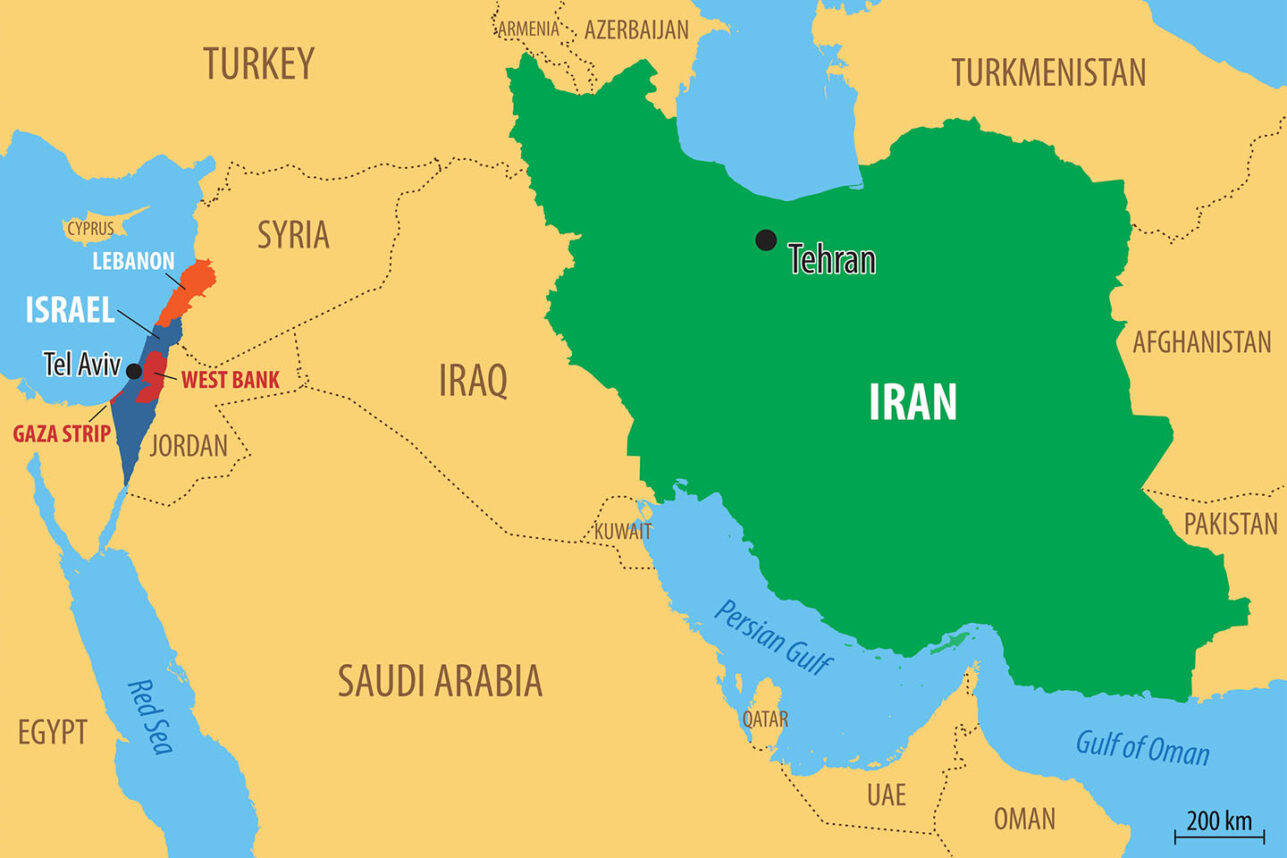

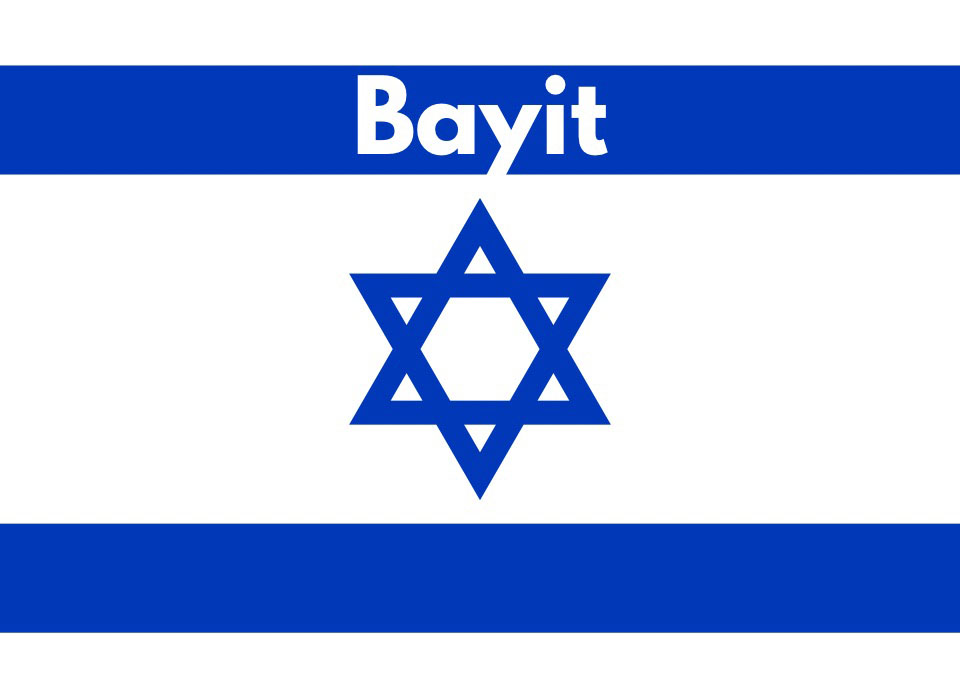
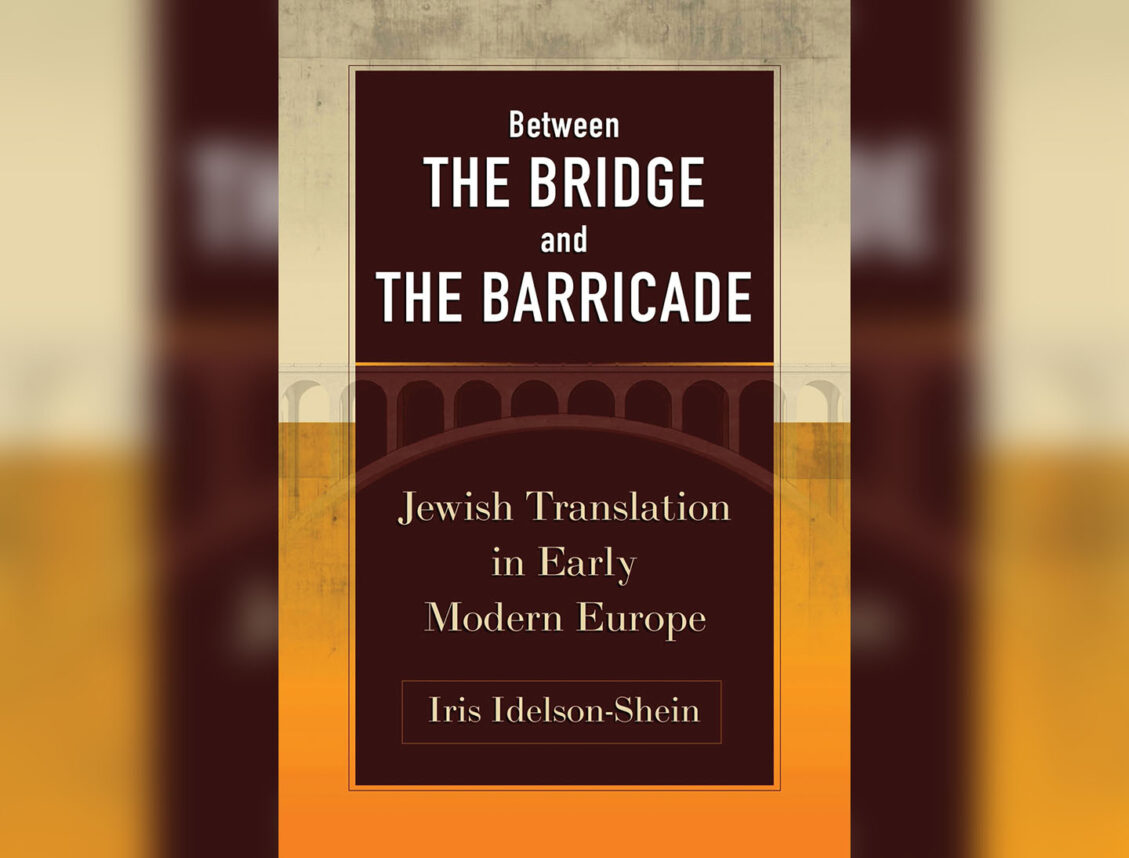

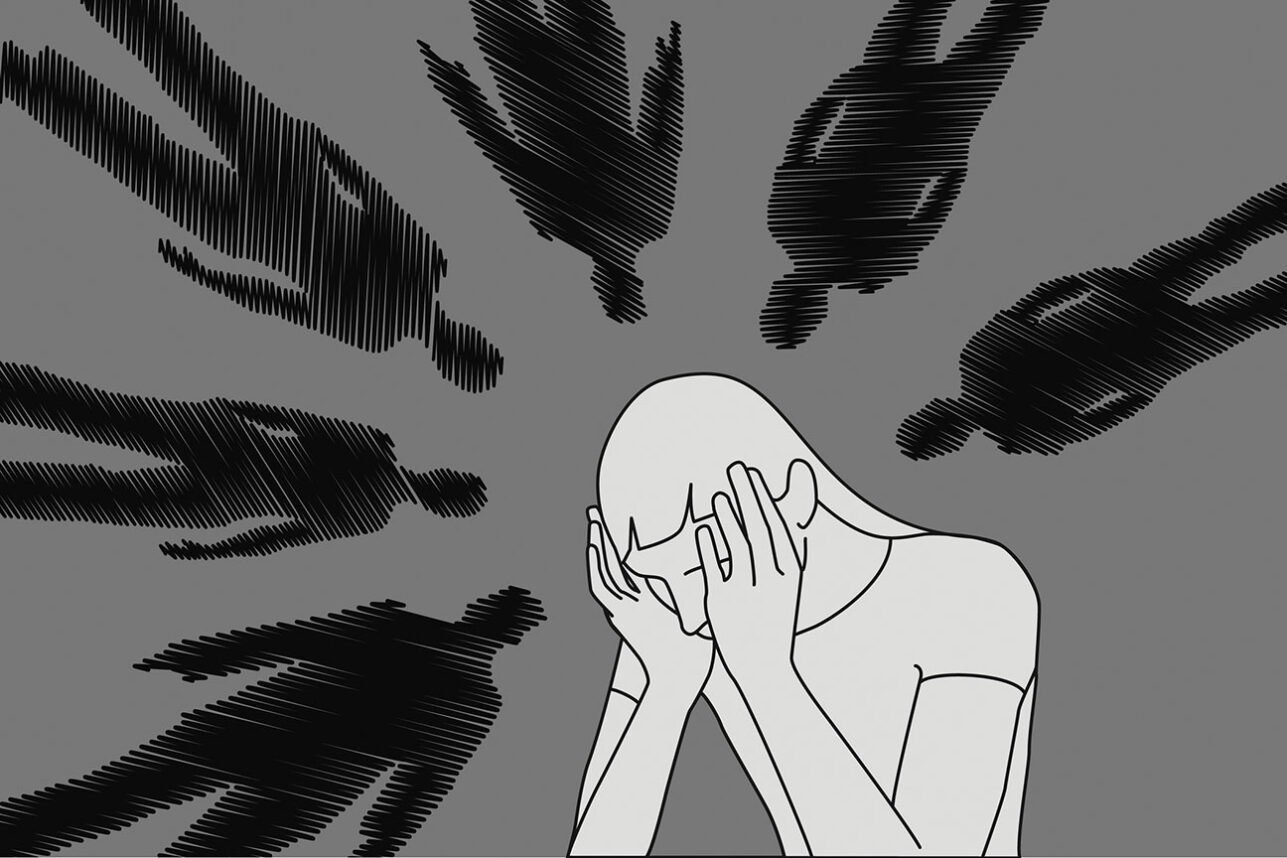
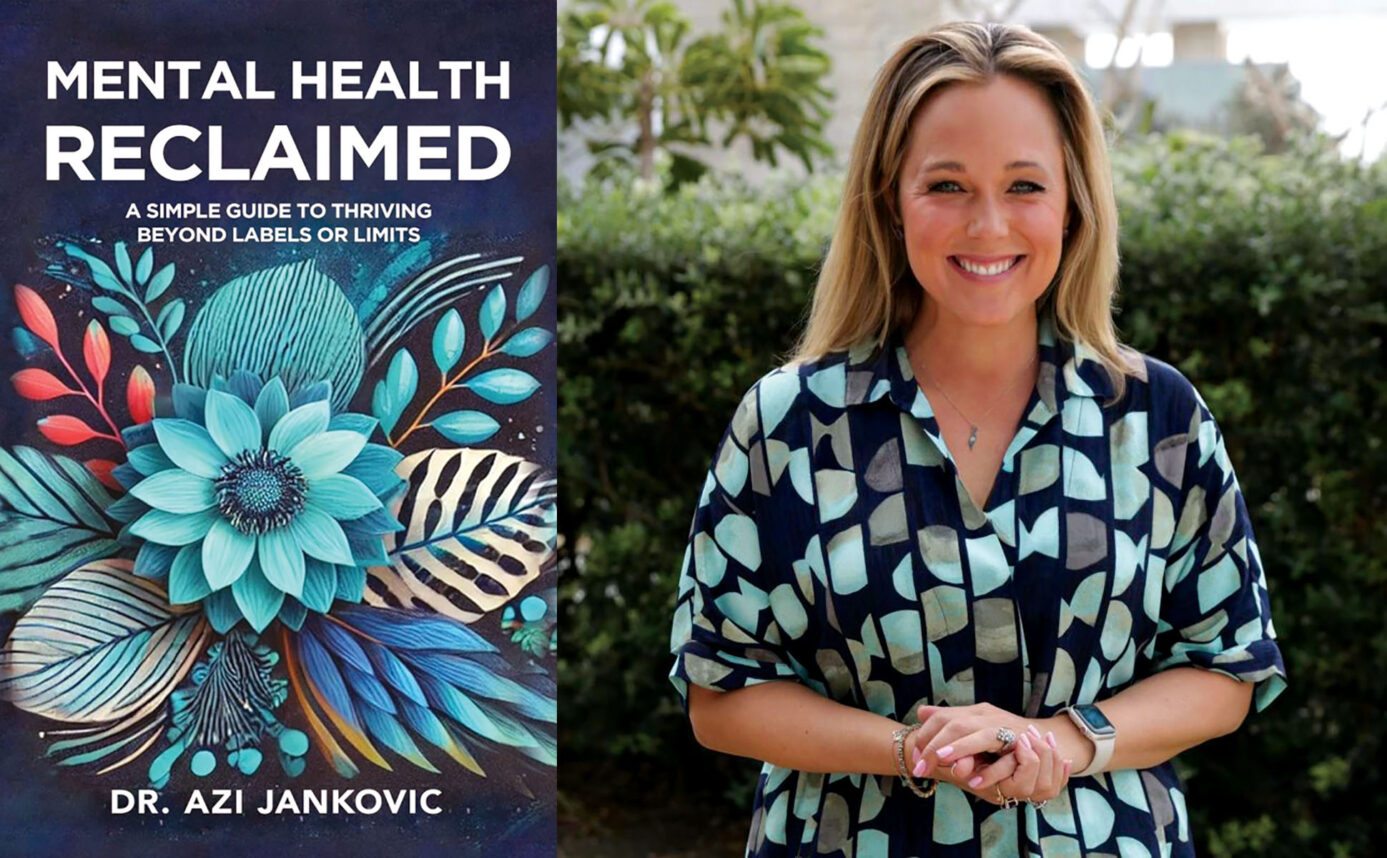
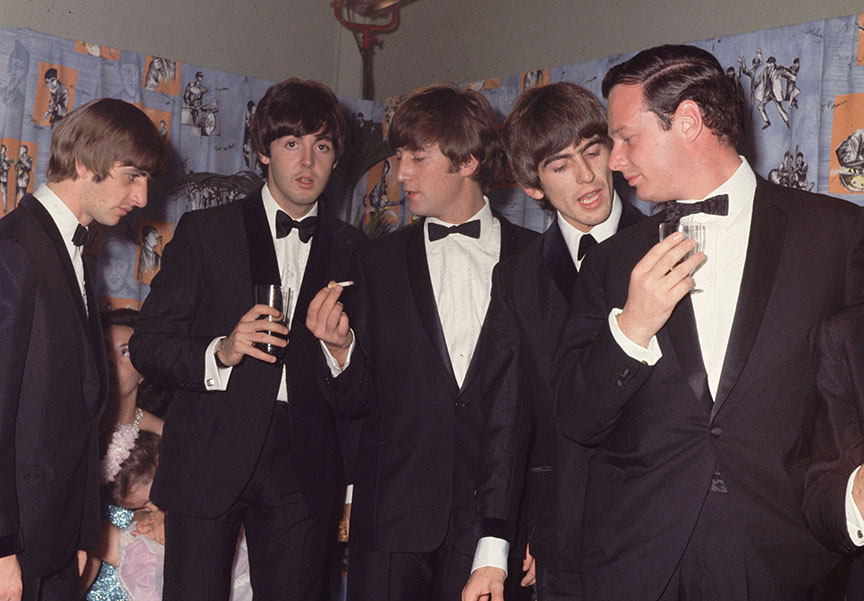



 More news and opinions than at a Shabbat dinner, right in your inbox.
More news and opinions than at a Shabbat dinner, right in your inbox.